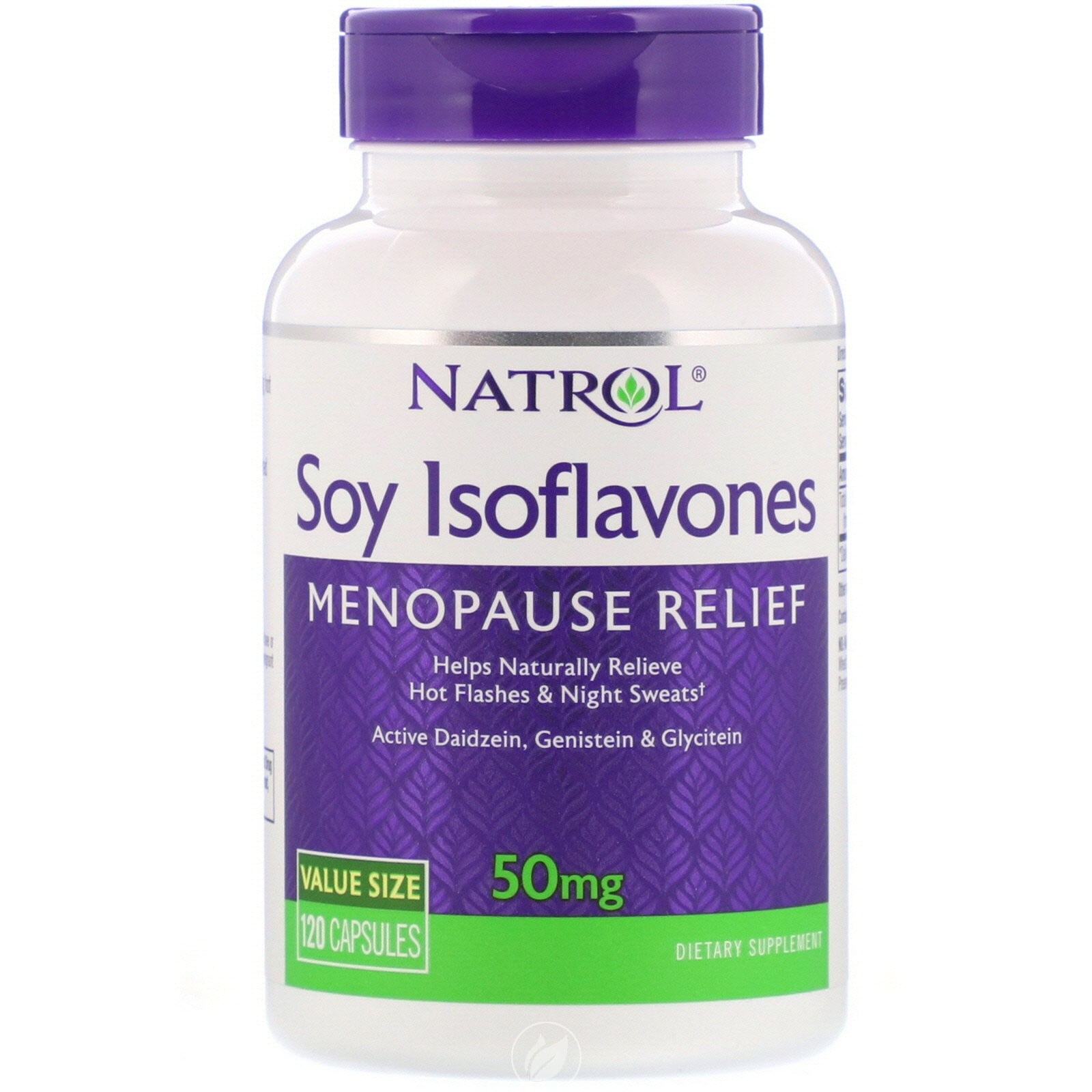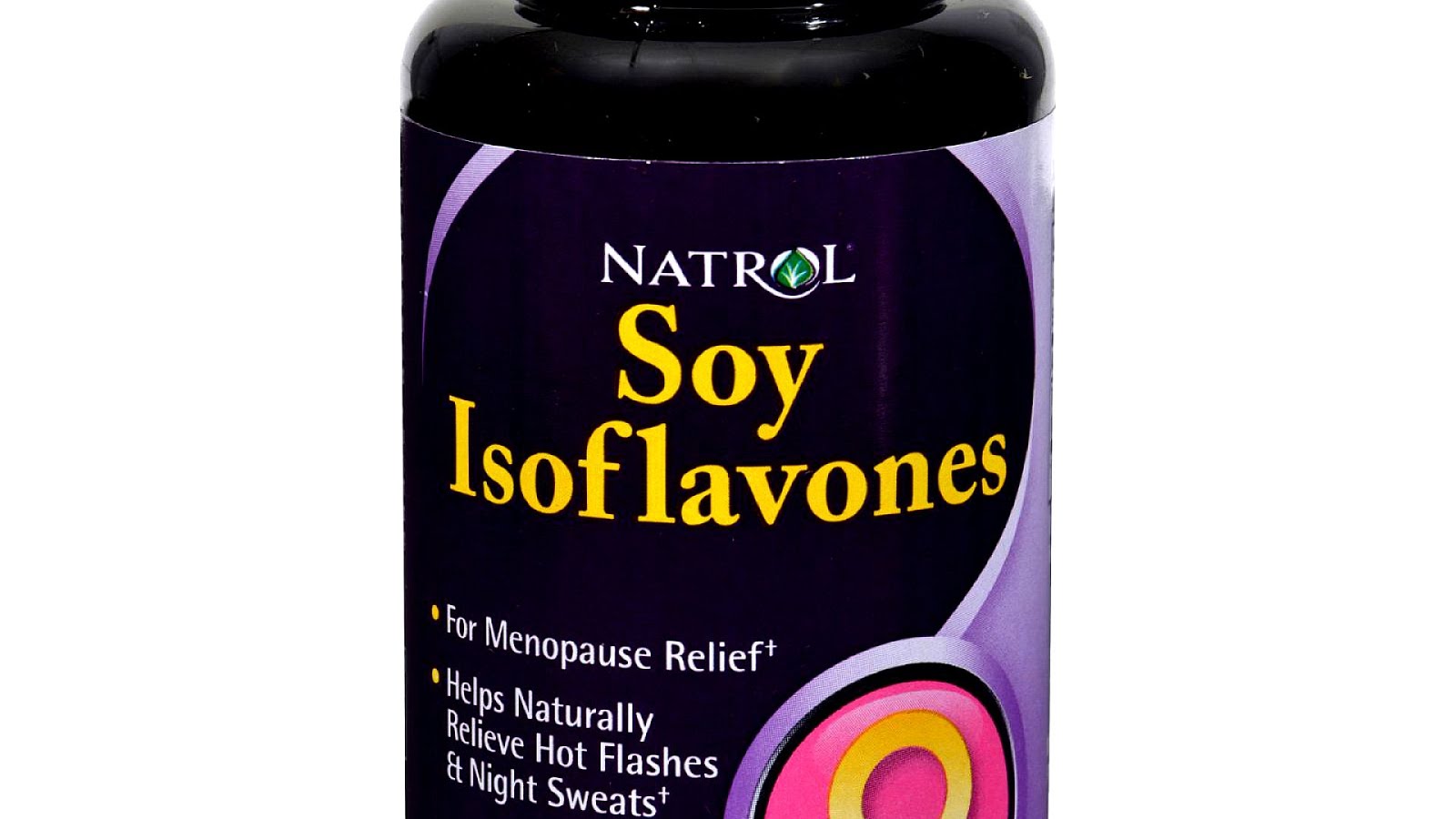As soy for menopause takes center stage, this opening passage beckons readers into a world crafted with good knowledge, ensuring a reading experience that is both absorbing and distinctly original. Soy, a versatile plant-based food, has emerged as a potential ally for women navigating the hormonal shifts of menopause, offering a natural approach to alleviating symptoms and promoting overall well-being.
The content of the second paragraph that provides descriptive and clear information about the topic
Menopause and Its Impact on Health
Menopause is a natural biological process that marks the end of a woman’s reproductive years. It occurs when the ovaries stop producing eggs and the levels of the hormones estrogen and progesterone decline. This hormonal shift triggers a range of physical and emotional changes that can significantly impact a woman’s health.
Hormonal Changes During Menopause
During menopause, the ovaries gradually reduce their production of estrogen and progesterone. Estrogen is responsible for regulating the menstrual cycle, while progesterone prepares the uterus for pregnancy. The decline in these hormones leads to the cessation of menstruation and the onset of menopausal symptoms.
Common Symptoms of Menopause
The most common symptoms of menopause include:
- Hot flashes: Sudden feelings of heat and sweating, often accompanied by redness of the face and neck
- Night sweats: Excessive sweating during sleep, leading to interrupted sleep and discomfort
- Mood swings: Increased irritability, anxiety, and depression due to hormonal fluctuations
- Vaginal dryness: Decreased production of vaginal fluids, leading to discomfort during intercourse and an increased risk of infections
- Sleep disturbances: Difficulty falling or staying asleep, as well as waking up frequently
Long-Term Health Effects of Menopause, Soy for menopause
In addition to the immediate symptoms, menopause can also have long-term effects on a woman’s health. These include:
- Osteoporosis: Reduced estrogen levels lead to decreased bone density, increasing the risk of osteoporosis and fractures
- Heart disease: Declining estrogen levels may increase the risk of developing heart disease
- Urinary incontinence: Weakening of the pelvic floor muscles due to hormonal changes can lead to urinary incontinence
- Cognitive decline: Some studies suggest that menopause may be associated with an increased risk of cognitive decline and dementia
Soy as a Potential Treatment for Menopausal Symptoms: Soy For Menopause

Menopause is a natural transition in a woman’s life, but it can bring with it a range of uncomfortable symptoms, including hot flashes, night sweats, mood swings, and vaginal dryness. While hormone replacement therapy (HRT) is often prescribed to alleviate these symptoms, some women may prefer to explore alternative treatments, such as soy.
Soy is a plant-based food that contains phytoestrogens, which are compounds that have a similar structure to the hormone estrogen. Estrogen levels decline during menopause, and this decline is thought to be responsible for many of the symptoms associated with the condition.
Evidence Supporting the Use of Soy Products
Several studies have investigated the use of soy products for reducing menopausal symptoms. A review of 12 studies found that soy isoflavones were effective in reducing hot flashes by 21%. Another study found that women who consumed soy protein for 12 weeks experienced a significant reduction in hot flashes, night sweats, and vaginal dryness.
Soy products may also help to improve mood and cognitive function during menopause. A study of postmenopausal women found that those who consumed soy isoflavones for 12 months had improved mood and memory compared to women who did not consume soy.
Recommended Intake of Soy Products
The recommended intake of soy products for menopausal women varies depending on the individual’s needs and preferences. However, most experts recommend consuming 25-50 grams of soy protein per day. This can be achieved by eating a variety of soy foods, such as tofu, tempeh, edamame, and soy milk.
It is important to note that soy products may not be suitable for everyone. Women with certain medical conditions, such as thyroid disease or breast cancer, should talk to their doctor before consuming soy products.
Benefits of Soy Consumption During Menopause
Soy consumption during menopause offers various health benefits, primarily due to its rich phytoestrogen content. These plant-based compounds mimic the effects of estrogen, the hormone that declines during menopause.
Cardiovascular Benefits
Soy consumption has been linked to improved cardiovascular health in menopausal women. Phytoestrogens in soy may help reduce cholesterol levels, particularly low-density lipoprotein (LDL) or “bad” cholesterol. They may also improve blood pressure by promoting vasodilation, the widening of blood vessels.
Osteoporosis Prevention
Osteoporosis, a condition characterized by weakened bones, is a common concern for menopausal women due to declining estrogen levels. Soy consumption may help prevent or slow down bone loss. Phytoestrogens in soy can bind to estrogen receptors in bone cells, promoting bone formation and inhibiting bone resorption.
Antioxidant and Anti-inflammatory Properties
Soy is rich in antioxidants and anti-inflammatory compounds, such as isoflavones, saponins, and phenolic acids. These compounds can help protect against oxidative stress and inflammation, which are associated with various chronic diseases. By reducing oxidative damage and inflammation, soy consumption may contribute to overall health and well-being during menopause.
Risks and Considerations of Soy Consumption

Soy consumption offers potential health benefits during menopause, but it’s essential to be aware of potential risks and precautions. This section discusses the risks associated with soy consumption, including allergic reactions, interactions with certain medications, and recommendations for individuals with specific health conditions.
Soy allergy is a relatively common food allergy, particularly among children. Symptoms can range from mild, such as hives or itching, to severe, including anaphylaxis. Individuals with a known soy allergy should strictly avoid soy products.
Interactions with Medications
Soy can interact with certain medications, including blood thinners and thyroid medications. Warfarin, a common blood thinner, can have its effects enhanced by soy consumption, potentially increasing the risk of bleeding. Similarly, soy can interfere with the absorption of thyroid medications, such as levothyroxine, reducing their effectiveness.
Specific Health Conditions
Individuals with certain health conditions may need to exercise caution when consuming soy. Those with thyroid issues should consult their healthcare provider before incorporating soy into their diet, as soy can interfere with thyroid hormone production.
Soy consumption has been a subject of debate in relation to breast cancer risk. While some studies have suggested a possible link between high soy intake and an increased risk of breast cancer recurrence in certain populations, more research is needed to establish a definitive connection.
Moderation and Whole, Unprocessed Soy Products
It’s important to consume soy in moderation and choose whole, unprocessed soy products over processed soy foods. Whole soy products, such as edamame, tofu, and tempeh, contain beneficial nutrients and fiber. Processed soy products, like soy protein isolate or soy burgers, may have a higher concentration of isoflavones, which can have both beneficial and potentially adverse effects.
By understanding the potential risks and precautions associated with soy consumption, individuals can make informed choices about incorporating soy into their diet during menopause.
Dietary Recommendations for Soy Consumption During Menopause

Menopausal women may benefit from incorporating soy into their diets. Soy contains isoflavones, which have estrogen-like properties that can help alleviate menopausal symptoms. However, it is important to consume soy in moderation, as excessive intake may increase the risk of certain health conditions.
The recommended daily intake of soy for menopausal women is 50-100 mg of isoflavones. This can be achieved by consuming the following amounts of soy products:
- 1 cup of soy milk (25-30 mg isoflavones)
- 1/2 cup of tofu (20-25 mg isoflavones)
- 1/2 cup of tempeh (20-25 mg isoflavones)
- 1 cup of edamame (15-20 mg isoflavones)
Soy can be incorporated into the diet in various ways. Here are a few tips:
- Use soy milk in smoothies or cereal.
- Add tofu to stir-fries, soups, or salads.
- Grill or bake tempeh as a meat substitute.
- Snack on edamame as a healthy alternative to chips.
Clarifying Questions
Is soy safe for everyone during menopause?
While soy is generally safe for most women during menopause, individuals with specific health conditions, such as thyroid issues or breast cancer, should consult with their healthcare provider before consuming soy products.
How much soy should I consume during menopause?
The recommended daily intake of soy products for menopausal women varies depending on individual needs and health status. It is advisable to consult with a healthcare professional to determine the optimal intake.
Can soy help prevent osteoporosis during menopause?
Soy contains isoflavones, which have been shown to have bone-protective effects. Consuming soy products may help reduce the risk of osteoporosis and maintain bone health during menopause.